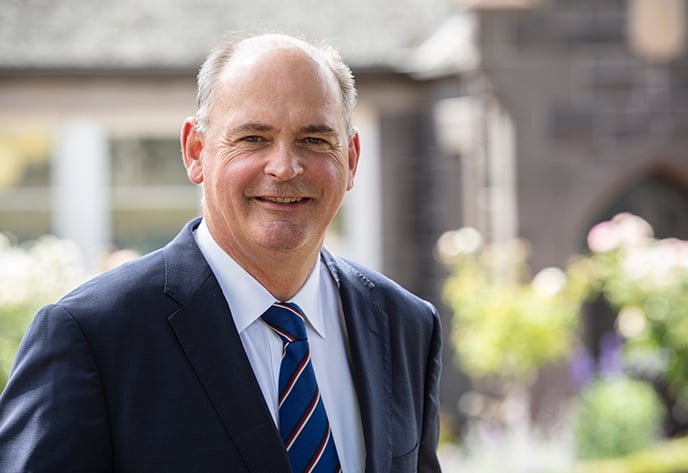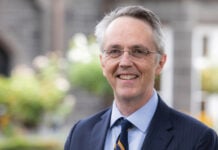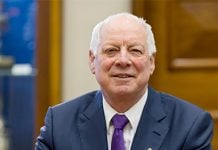The United Nations 2030 Agenda for Sustainable Development was adopted by all Member States in 2015. It is underpinned by 17 Sustainable Development Goals (SDGs).
These SDGs articulate what many of us would see as the most basic human rights and conditions. They include the eradication of poverty, good health and well-being for all, equality across gender, age, race, religion and more, access to affordable and clean energy for everyone, and decent work and economic growth across all societies.
You can read more about the goals and the steps being taken around the world to achieve them here.
But how do we bring about change in our world? Many times I hear people saying that the answer is “education”. While it may not be the complete answer, certainly education has a role to play in shaping the world we want to live in.
Towards 2030 sets out Melbourne Grammar School’s strategic intentions. In line with one of the priorities outlined in the plan – Embrace the Wider World – we try to give students multiple, age-appropriate ways to gain a global perspective, and we do this for a number of reasons.
First and foremost, ongoing exposure to others who are different to us promotes understanding. And this understanding is the essential precursor to the development of respect and empathy for the cultures, traditions, and viewpoints of others.
Many Melbourne Grammar families travel throughout Australia or overseas during School holidays. Apart from the benefits gained by simply interacting with different people on a daily basis, I know that many families take advantage of the cultural sites and institutions to further their knowledge about the history and culture of the society they are visiting.
But more broadly, we want our students to be informed global citizens. We want them to acquire a wide-ranging understanding of the diverse cultures, societies, economies, and geopolitical landscapes that shape our planet. And much more than that, we seek to nurture their capacity to grasp the interconnectedness of nations and societies, acknowledging that issues and events in one corner of the globe can have far-reaching consequences elsewhere.
At a more basic level, engagement with pressing global challenges, such as climate change, poverty, and human rights nurtures critical thinking and problem-solving skills. At our School, students are encouraged to delve deeply into complicated situations, examine issues from multiple angles, and develop well-rounded opinions.
Further, through this engagement, some students will develop a strong sense of responsibility to make a positive impact. This can inspire them to participate in volunteer work, social activism, or pursue careers in fields like international development or humanitarian aid.
Of course, playing a leading role in global change will not be the case for everyone. But we hope every student will develop the ability and inclination to pursue activities and make decisions, whether at home or at work, which contribute to the greater good, even in just a small way.
Moreover, in an interconnected world, economic and professional opportunities often transcend national borders. Employers increasingly value candidates with a global mindset, as they are more likely to adapt to different environments and collaborate effectively with international teams. Thus, students with a global perspective are better positioned for success in an ever-evolving job market.
By delivering these educational offerings, we empower our students to become more informed, more responsible, and more proactive global citizens.
The staff and I continually encourage our students to make the most of the opportunities at Melbourne Grammar. We want each student to embrace the wider world, to possess the skills and confidence to be successful in whichever path they choose, to be happy in their lives and to lead a meaningful life while making a meaningful contribution.
And what else will our students need in the future? Like many of the Old Melburnians I recently met in Los Angeles, San Francisco, New York, London and Geneva, I hope they will be intelligent, respectful and grateful for the opportunities they have and will have. I hope they will be kind, resilient, open minded and will have a commitment to excellence, because the current and future world will certainly require these qualities.
Philip Grutzner
Headmaster



